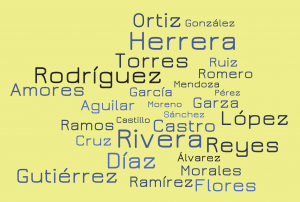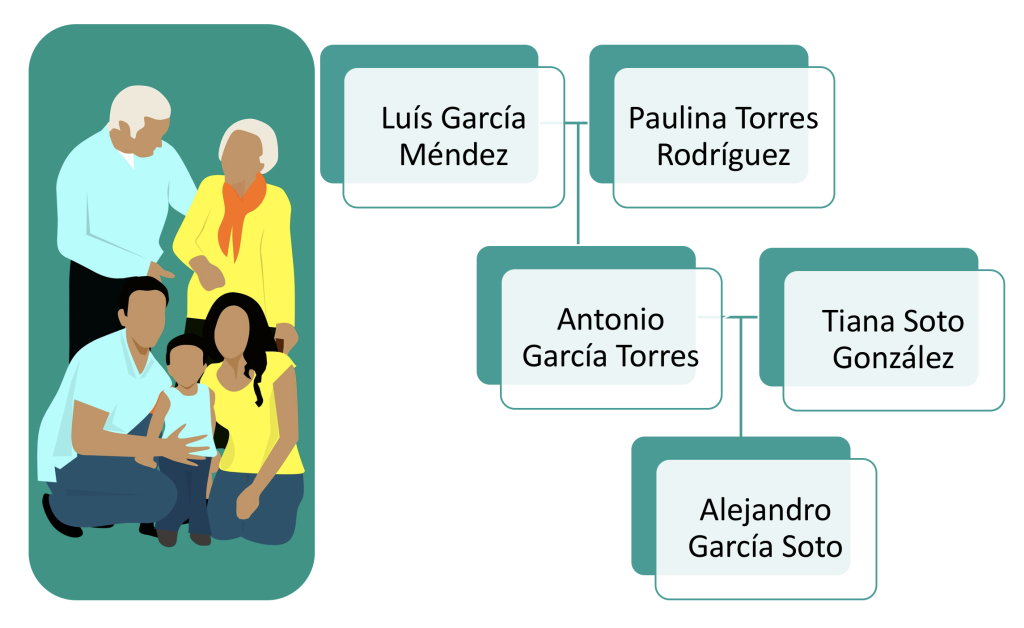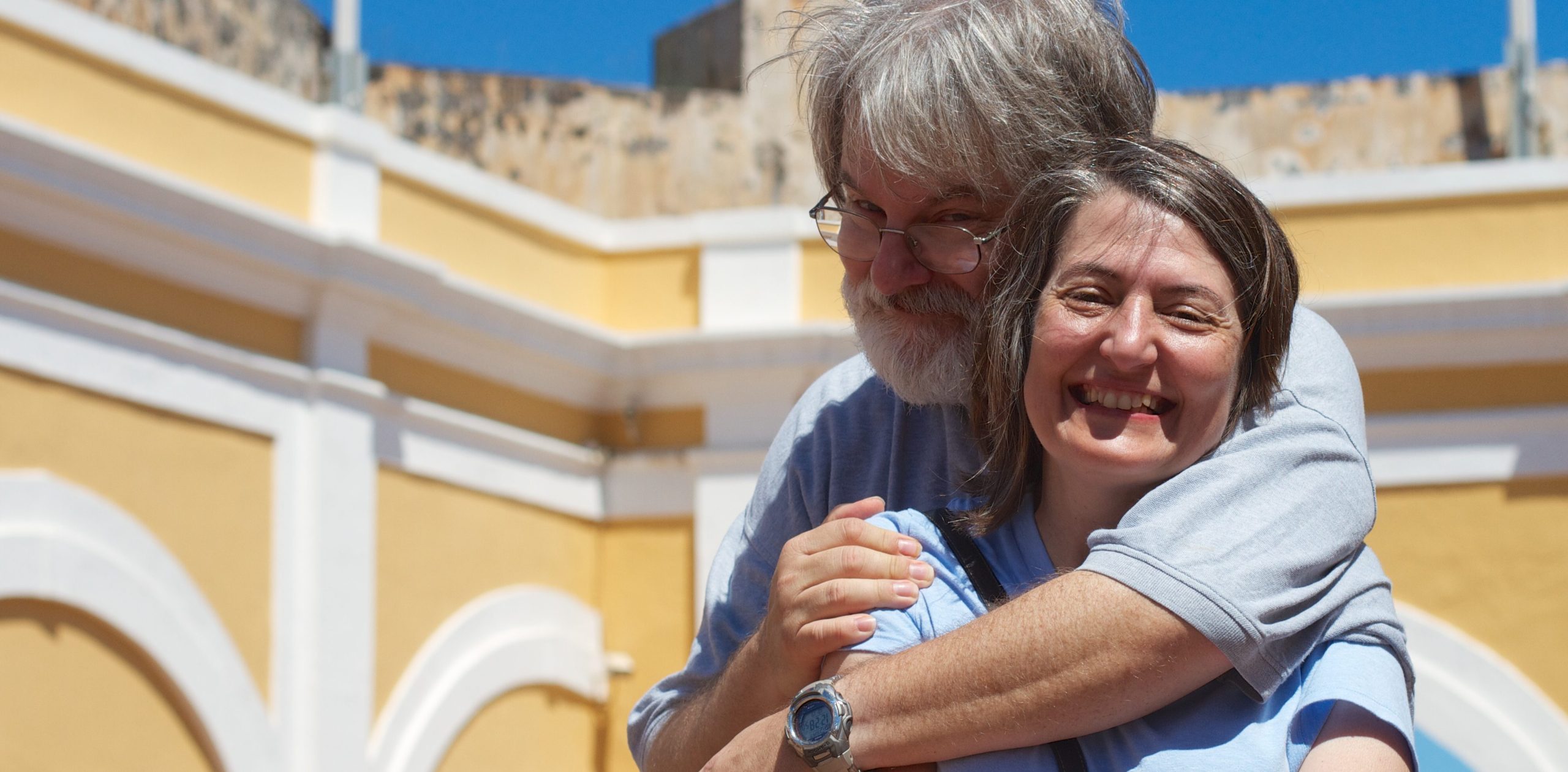Los sociólogos y psicólogos usan la palabra “familismo” para describir un valor cultural de la familia latina que es muy significativo. Es obvio que todos los individuos somos diferentes, pero todos estamos afectados por los valores de nuestra cultura. Aquí hay unos aspectos importantes del familismo con ejemplos.
La familia es más importante que los individuos. Ejemplos:
- Todos trabajan para el bien económico de la familia.
- Si los padres no hablan inglés, los hijos hacen traducciones para sus padres cuando visitan al médico, el banco, etc.
- El cuidado de personas mayores normalmente ocurre en casa, no en una residencia.
El concepto de “familia nuclear” no es importante. Ejemplos:
- Vivir en una casa multigeneracional.
- Estudiantes que viven en casa y no en la universidad.
- La familia incluye a padres y sus hijos y también a tíos, primos y abuelos.
- La familia incluye a los padrinos y otras personas no relacionadas por sangre.
El respeto es importante. Ejemplos:
- Los hijos respetan la autoridad de los mayores.
- Los hijos necesitan ser bien educados.
Apellidos
 Los estadounidenses normalmente tienen un apellido. En los países hispanohablantes, las personas normalmente tienen dos apellidos y varios latinos en los Estados Unidos también tienen dos. Muchas latinas conservan sus apellidos cuando se casan y no usan los apellidos de sus esposos. Los latinos que viven en los Estados Unidos adaptan sus apellidos de maneras diferentes: unos usan solo el apellido de su padre, como Antonio Banderas o Eva Longoria. Otros prefieren conservar los dos apellidos, como Gael García Bernal.
Los estadounidenses normalmente tienen un apellido. En los países hispanohablantes, las personas normalmente tienen dos apellidos y varios latinos en los Estados Unidos también tienen dos. Muchas latinas conservan sus apellidos cuando se casan y no usan los apellidos de sus esposos. Los latinos que viven en los Estados Unidos adaptan sus apellidos de maneras diferentes: unos usan solo el apellido de su padre, como Antonio Banderas o Eva Longoria. Otros prefieren conservar los dos apellidos, como Gael García Bernal.
Entender la materia y personalizar la materia
Correcciones
These sentences about familismo and apellidos are all false. Correct them. You may not simply write the word “no”.
- Todos los latinos de los Estados Unidos usan un apellido.
- Para las familias que practican el familismo, el individuo es más importante que la familia.
- Las familias latinas solamente incluyen a los padres y sus hijos.
¿Cuáles son tus apellidos?
Observe this family tree and deduce the system for assigning apellidos in the Spanish-speaking world and how women and men change (or don’t change) their names when they get married. When you finish, write what your own name would be if your family used same tradition for assigning apellidos. Share your ideas and your name with apellidos with your classmates. Does your group agree with your deduction?

Por encima de todo
Many Latinos express the importance of family with this expression: La familia por encima de todo (family first or family before everything else). Create your own expression en español to indicate what’s most important to you. Your expression may be serious or funny.
Casos de la vida
Given what you have learned about Latino family and cultural values in this unit, what is causing the cultural gaps in these situations?
- Jesús Méndez Soto is excited to begin his new job in the accounts payable department at Red Bluffs Wealth Management, Inc. The IT department assigns him his new email: jsoto@redbluffwealth. He goes to Sandy Johnson at the help desk to get his email corrected. Later Sandy tells a coworker that he’s frustrated and that this is the third time a Latino employee has asked for an email change.
- Amelia Silva recently had surgery at Winterglen Hospital. Her family has been visiting her during her recovery and is very interested in learning about how to implement home care for after her discharge. Jay Martin, the nurse supervisor, receives reports from her staff that Ms. Silva hasn’t been following the rule that only immediate family is permitted to visit. In fact, they’ve seen a dozen people in her room at a time, and they’re worried about her recovery.
- Chris Stouffer coaches junior high school basketball. One of his best players, Yesenia Díaz, tells him that she has to miss practice next week to go to the doctor’s office with her grandmother, who doesn’t speak English very well. Yesenia has already been absent from practice more than once to attend to family business, and she knows that the consequence of multiple absences is that she’ll be kicked off the team. Chris tells his principal that he’s not sure what to say to Yesenia about her lack of commitment to the team.
After completing this theme, I can …
- name, in Spanish, several important aspects of familismo
- express, in Spanish, the thing that is first for me
- using the naming tradition most practiced in Spanish-speaking cultures, derive the correct name and surnames for individuals when presented with their parents’ surnames
- hypothesize, in English, how the differences between the family values of Latinos and those of the dominant culture create misunderstandings and support my hypothesis by citing specific aspects of familismo.

